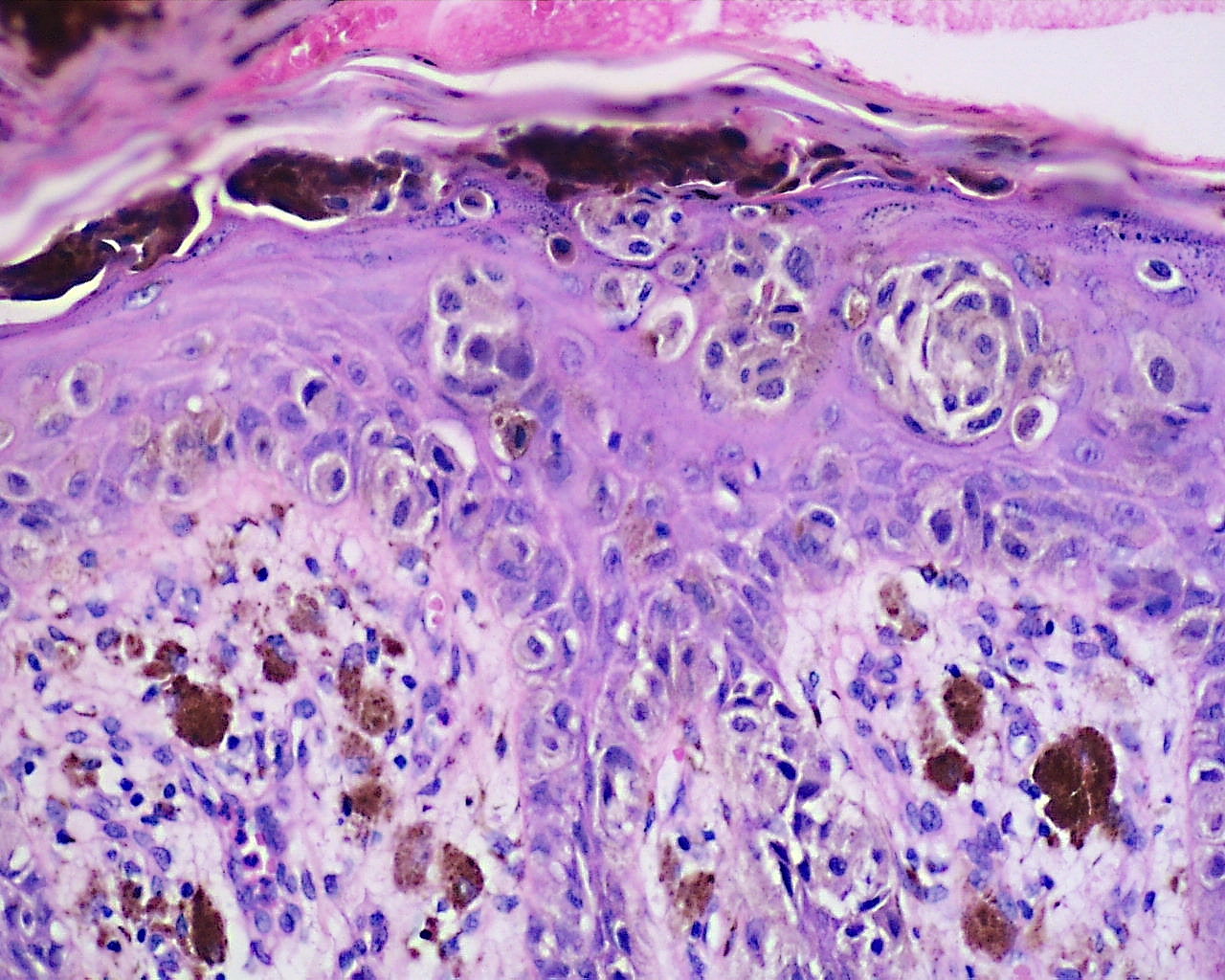Oncolytic Virus Therapy – this is the common term for a new treatment for melanoma that was approved by the US FDA last October. The therapy involves a modified live herpes virus which is injected directly into melanoma lesions. The virus then replicates inside the melanoma cancer cells which causes the cancerous cells to die and then rupture. The ruptured cells then releases tumor-derived antigens and GM-CSF, which may promote an anti-tumor response. GM-CSF is an acronym for “granulocyte-macrophage colony-stimulating factor”.
Herbert Schwartz is one patient on whom the therapy has worked. Herbert, a former pharmacist, lives in Weston, Florida and is now cancer free. He had battled melanoma for more than a decade; however, once Oncolytic Virus Therapy was used on his lesions last year, he was pronounced cancer free.
According to the National Cancer Institute, melanoma is the sixth most common cancer in the United States. It is projected that there will be more than 76,000 new cases of melanoma in the United States this year with over 10,000 deaths because of it.
Luckily , if melanoma is detected early, it is highly curable.
The medical drug term for Oncolytic Virus Therapy is talimogene laherparepvec (Imlygic). According to the Cancer Network, a journal for oncology,
More patients assigned to talimogene laherparepvec achieved a durable response—a decrease in size of their skin and lymph node lesions.
The principal investigator for the drug trial was Howard L. Kaufman, an associate director at Rugers Cancer Institute in New Jersey. In a press release he stated:
As an oncolytic viral therapy, Imlygic has a unique approach, and provides another option for treating eligible patients with unresectable disease that has recurred after initial surgery.
Some of the most common side effects of the therapy include fatigue, chills, nausea, flu-like symptoms, pain (at the injection site) and fever.
The FDA noted that, even though the therapy was effective, it was not associated with any improvement in the overall survival rate nor has it been shown to have any effects on the cancer spreading to other parts of the body such as the brain, bone, lungs or liver.
One of the most notable risks with the therapy is that a herpes infection can occur since the treatment uses a modified herpes virus.
Another treatment for Melanoma is “Mohs Surgery” – a technique developed by Dr. Frederic Mohs in the 1930s. Thin layers of the melanoma lesions are progressively removed (and examined) until only cancer-free skin remains. This type of surgery is generally done on an outpatient basis using only a local anesthetic and is usually used for skin cancers that are difficult to treat.
More information about the new FDA approved Oncolytic Virus Therapy can be found in the Cancer Network Journal.
























